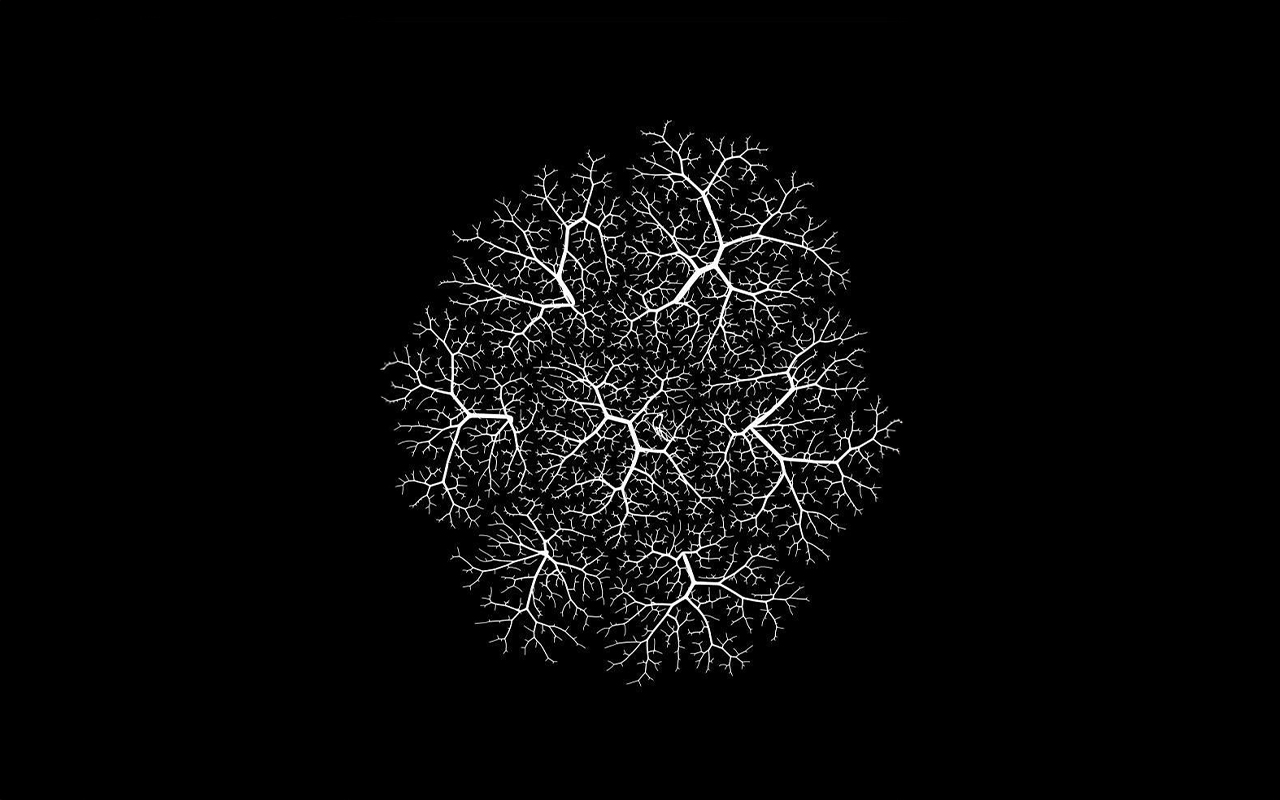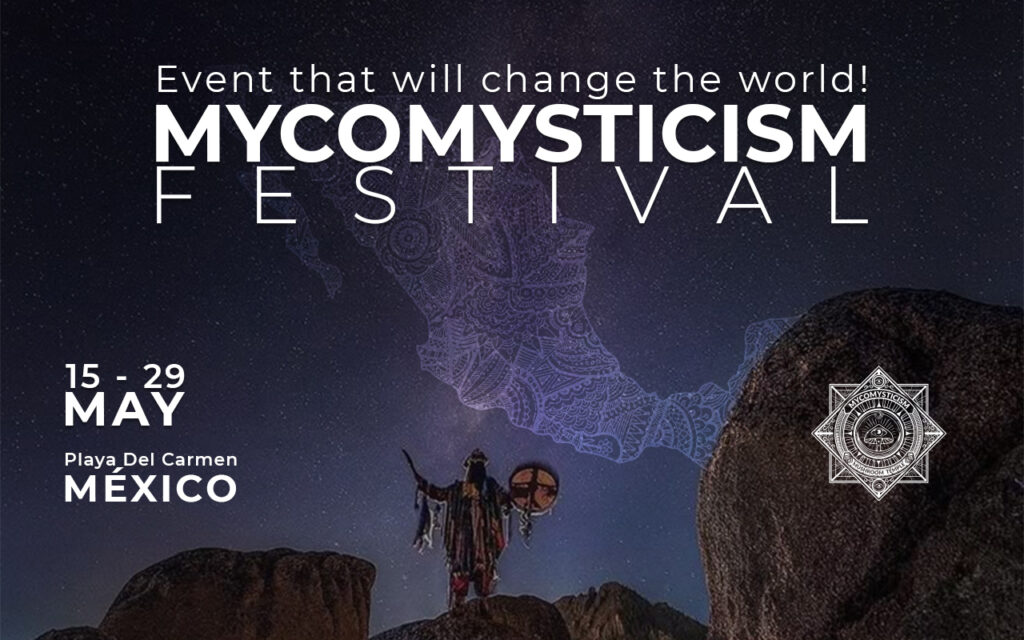Psychedelics and Depression: Exploring New Dimensions of Consciousness
Recent research confirms that psychedelics have a profound impact on consciousness and may offer a breakthrough in treating depression. According to the World Health Organization (WHO), over 264 million people worldwide suffer from this condition, making it one of the leading causes of disability. Despite conventional treatment methods, depression rates continue to rise globally.
Why Traditional Methods Often Fail
Standard depression treatments include medication (antidepressants), psychotherapy, and lifestyle modifications. While these methods can be beneficial for some, they do not work for everyone. Many individuals experience only partial relief, while others suffer from severe side effects, including emotional numbness, weight gain, sexual dysfunction, and dependency on medication. Additionally, psychotherapy can take years to produce significant changes, and even then, some patients find their depressive symptoms persist or return over time.
This has led researchers to explore alternative treatments, with psychedelics emerging as a promising field. Unlike conventional antidepressants that regulate neurotransmitters such as serotonin and dopamine, psychedelics work by enhancing neuroplasticity—the brain’s ability to reorganize and form new connections. This unique mechanism offers the potential to address the root causes of depression rather than merely suppressing symptoms.
Psilocybin and Its Impact on Depression
Interest in the relationship between psychedelics and depression began in the mid-20th century when early studies on substances like LSD and psilocybin suggested profound therapeutic effects. However, legal restrictions and the stigma surrounding psychedelics led to the suspension of research for decades. Since the late 1990s, a renewed wave of studies has demonstrated the therapeutic potential of psychedelics, particularly for treatment-resistant depression.
Psychedelics are now being studied for their ability to induce altered states of consciousness, which can facilitate deep psychological healing. Unlike traditional medications that must be taken daily for extended periods, psychedelics often require only a few sessions to create lasting changes in mental health. Studies indicate that psychedelics work by promoting emotional breakthroughs, increasing self-awareness, and helping individuals reframe negative thought patterns that contribute to depression.
Psilocybin and Its Impact on Depression
Psilocybin, a psychoactive compound found in “magic mushrooms,” converts into psilocin in the body, inducing profound psychological experiences. These experiences often involve heightened introspection, emotional catharsis, and a sense of interconnectedness with the universe. Research suggests that psilocybin significantly reduces depressive symptoms with long-lasting effects, unlike traditional antidepressants that require ongoing use.
For example, a 2016 study conducted at one of the leading institutes found that psilocybin substantially improved mood and reduced anxiety in patients with depression related to terminal illness. The effects lasted for months after just one or two high-dose sessions. Similarly, a 2017 study demonstrated that psilocybin therapy could alleviate treatment-resistant depression for up to six months, with many participants reporting a newfound sense of clarity and purpose.
Researchers believe that psilocybin’s therapeutic effects stem from its ability to enhance neural connectivity, allowing different brain regions to communicate more freely. Brain imaging studies show that psilocybin reduces activity in the default mode network (DMN), a brain system associated with self-referential thinking and rumination—patterns commonly seen in people with depression. The dissolution of rigid mental patterns allows for cognitive flexibility and emotional resilience, key factors in overcoming depressive states.
Moreover, the depth of the psychedelic experience plays a key role in its effectiveness. Participants who undergo profound mystical or ego-dissolving experiences are more likely to achieve sustained relief from depression. These experiences often involve feelings of unity, unconditional love, and the dissolution of personal suffering, which can lead to profound shifts in perspective and emotional healing.
Why Psychedelics Outperform Traditional Antidepressants
- Rapid Onset – While traditional antidepressants take weeks or months to work, psychedelics show effects after just one or two sessions.
- Root Cause Healing – Psychedelics help uncover and address the underlying causes of depression rather than merely suppressing symptoms.
- Minimal Side Effects – Unlike conventional antidepressants, which can cause emotional blunting, decreased libido, and dependency, psychedelics—when used responsibly—do not carry these drawbacks.
- Shorter Therapy Duration – Instead of years of psychotherapy, a few guided psychedelic sessions can lead to lasting transformation.
The Importance of Integration
Taking a psychedelic is only the first step. The key to long-term healing lies in integration—processing the insights gained from the experience and applying them to everyday life. This step ensures that the therapeutic benefits of psychedelics translate into meaningful, lasting change.
Psychedelics are not just tools for depression treatment; they serve as catalysts for deep personal transformation. They unlock new dimensions of awareness, helping individuals break free from limiting beliefs and achieve true mental and spiritual freedom.





